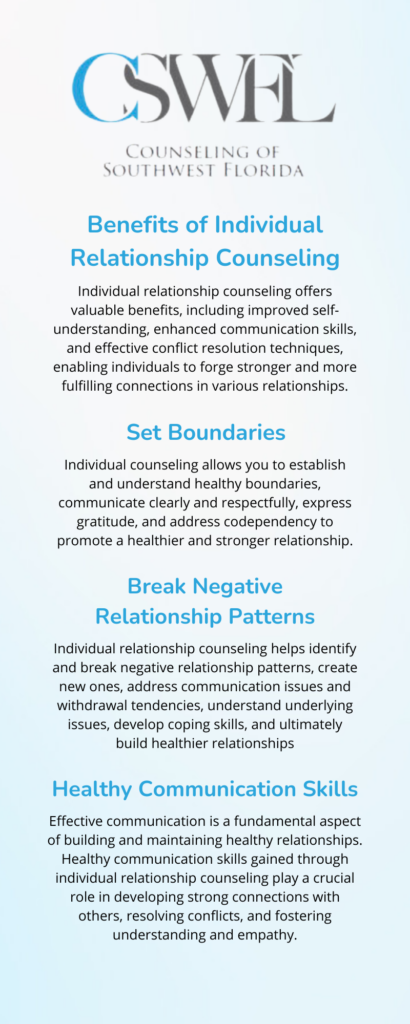When you think of mental health treatment, you probably think of therapy. Maybe meditation and mindfulness approaches come to mind right after that. For most people, that’s it. However, in recent years, there’s been a growing recognition of the importance of holistic approaches in treating addiction and supporting mental health. These comprehensive approaches address the whole person: mind, body, and spirit. In the rest of this article, we’ll explore the numerous benefits of holistic techniques and the great effects they have on mental health during addiction recovery.
What Are Holistic Approaches To Addiction Therapy
Holistic treatment is a type of addiction treatment that aims to heal the whole person rather than just address individual symptoms or problems. This approach incorporates mindfulness, diet, exercise, acupuncture, yoga, and art therapy, among others. Unlike traditional treatments, which frequently focus on symptom management, holistic techniques seek to identify and address underlying causes such as trauma, stress, and emotional pain.
By combining physical, emotional, and spiritual care, these therapies help individuals to develop self-awareness, establish healthier coping strategies, and build resilience. The final objective of the holistic approach is to adopt a balanced and healthy lifestyle that promotes long-term healing and mental well-being.
Benefits of Holistic Approaches
There are numerous benefits of holistic approaches in treating addiction and supporting mental health. From the fact that they address the root of the cause to promoting self-love, we’ll cover all the main advantages of these approaches vs the traditional approach to addiction treatment.
Addressing the Root Causes
One of the most significant advantages of holistic therapies is their ability to treat the underlying causes of addiction and mental health concerns. As we said, traditional therapies frequently rely on symptom management, which might give temporary comfort but probably won’t result in long-term healing. Since addiction and mental health issues are often co-occurring conditions, finding the root cause and treating it is much more beneficial than just treating the symptoms of addiction.
For example, trauma-informed yoga and mindfulness meditation can help individuals process and release stored traumatic memories and emotions, hence minimizing their influence on present behavior. Similarly, acupuncture and nutritional therapy aim to restore bodily balance while also addressing biochemical imbalances that may lead to mental health issues and addictive behaviors.
Offering a Non-Medical Approach
Many people suffering from substance abuse tend to develop resistance or allergies to medication. Since a holistic approach usually doesn’t involve any medications, this approach reduces the risk of developing a dependency on another medication. By relying on these natural and integrative practices, you can manage your symptoms and continue your recovery without fearing the side effects or risks associated with pharmaceutical treatments.
Teaching Healthy Coping Mechanisms
Yoga, tai chi, and mindfulness activities can help people manage stress and anxiety better. These activities teach people how to be present, clear their thoughts, and manage their emotions. Furthermore, many holistic therapies provide an outlet for expressing and processing emotions. For example, art or music therapy can allow people to express feelings they may not be able to articulate otherwise.
These creative and holistic therapies offer a non-verbal means of communication, helping individuals release pent-up emotions and gain insights into their own emotions. As a result, the probability of using drugs or alcohol as a coping mechanism is reduced. Over time, people learn to confront life’s obstacles with a feeling of balance and strength, lowering their reliance on addictive substances for relief.
Enhancing Physical Health
Addiction and mental health issues often take a huge toll on the body. However, holistic methods usually highlight the role of physical health in the rehabilitation process. Nutrition treatment, for example, can help people regain their physical health by replenishing key nutrients that were lost during active addiction.
Moreover, regular exercise has been shown to reduce stress and improve mood, making it a vital component of a comprehensive recovery plan. Since it can contribute positively to mental health, integrating exercise can significantly enhance the overall effectiveness of addiction treatment programs.
Improving Self-Awareness and Self-Esteem
Holistic therapy opens new possibilities for introspection and reflection and it often results in self-love and a positive outlook on life. Practices we already mentioned, such as meditation and yoga, can help individuals reflect on their thoughts, emotions, and behaviors. This increased self-awareness can lead to a stronger sense of identity and self-worth, boosting motivation for recovery and fostering a healthier, more fulfilling life.
Helping Rebuild Relationships
With holistic therapies on their side, people can often improve their relationships. As a result, they create better support networks. Enhanced self-awareness and emotional regulation skills can improve communication and conflict resolution, making rebuilding trust and strengthening bonds with loved ones easier. A strong support network is crucial for long-term recovery, as it provides encouragement and accountability.
Reducing Relapse Rates
Relapse is a common challenge in addiction recovery. When you put it all together, holistic methods can help minimize relapse rates by giving people a variety of skills and techniques for managing stress and dealing with triggers. Mindfulness meditation, yoga, and acupuncture, in combination with therapy with the right expert, can help people build healthy coping methods, lower withdrawal symptoms and cravings, and minimize the use of addictive substances. Furthermore, holistic techniques foster a sense of self-awareness and empowerment, which can be critical in sustaining long-term abstinence.
Final Thoughts
Treatments focusing on only one aspect of addiction and recovery have been shown to be less effective. On the other hand, holistic approaches to treating addiction and supporting mental health can have a huge, lasting impact. So, if you or your loved one is struggling with addiction, consider some of the tips we listed above. In the end, always remember that recovery takes a long time and that each person is different and might benefit from a different approach.





